For the twelfth edition of the Owl Mountain Sessions series, Oakland’s Town Quartet premieres more work from Czech composer Anton Reicha (1770-1836), performing his Quatuor Scientifique No. 11 (Allegro moderato). The Quatuor Scientifique (“Scientific Quartet”) was written in 1806 but never published.
A musical pioneer considered today to be advanced for his era, Reicha was a music theorist and somewhat enigmatic peer of Beethoven’s. His general aversion to performing in public, coupled with the highly technical and unconventional qualities of his musical experiments, contributed to his remaining relatively unknown when compared to some of his classical-era contemporaries. Reicha enjoyed exploring avenues less-traveled in 19th-century musical theory, applying such concepts as polyrhythm and polytonality within his compositions. Many of his pieces were considered too radical to be palatable by the standards of his day, but modern desire to examine more challenging and intellectual gems overlooked by mainstream music history has revived interest in Reicha’s body of work.
The Town Quartet is thrilled to introduce the public to this obscure piece via Owl Mountain Sessions. TQ violist Jacob Hansen-Joseph had the personal honor of unearthing Reicha’s sheet music in its original handwritten form at the Bibliotheque Nationale’s archives in Paris. Through special permission, he was able to procure facsimiles of the Quatuor Scientifique for the Town Quartet to bring to life. Like movement No. 7 (see Owl Mountain Sessions 011), No. 11 (of twelve) in the Q. Scientifique reveals another of Reicha’s fugal experimentations, this one being based upon the theme from the String Quartet Opus 20 No. 5 in F minor by one of Reicha’s mentors during his days in Vienna: Joseph Haydn.
Performing Anton Reicha’s Quatuor Scientifique No. 11: Oakland, California’s TOWN QUARTET — Mia Bella D’Augelli and Corey Mike, Violin; Jacob Hansen-Joseph, Viola; Lewis Patzner, Cello




